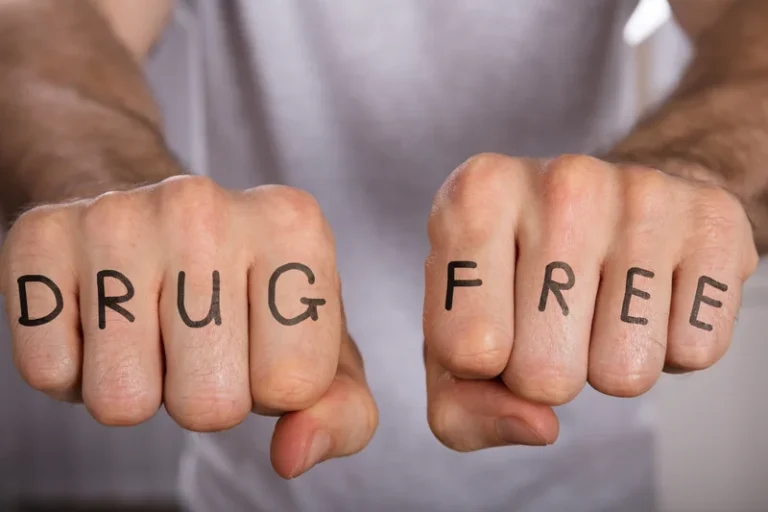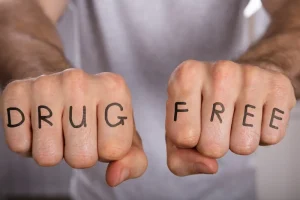10 Relapse Prevention Group Activities For Individuals In Recovery

Group therapy provides a nurturing environment where individuals can share their struggles, learn from each other, and build the skills needed to overcome addiction. Research indicates that individuals who engage in treatment and remain committed to recovery often experience positive outcomes. These outcomes include significantly reduced drug and alcohol misuse, decreased criminal activity, and improved overall social and psychological well-being.
Sound Therapy

Activities in a group setting keep clients engaged and help them build bonds with peers. Despite the enormous need for housing among the offender population, SLHs have been largely overlooked as a housing option for them (Polcin, 2006c). This is particularly concerning because our analysis of criminal justice offenders in SLHs showed alcohol and drug outcomes that were similar to residents who entered the houses voluntarily. Outpatient programs in low income urban areas might find the Options Recovery Services model of SLHs helpful.

How Do Addiction Support Groups Benefit Your Recovery?
- This experiential therapy activity taps into the tactile and creative process, encouraging participants to explore complex emotions through physical creation.
- If you or someone you love is struggling with addiction and are looking for treatment, call us today at .
- These exercises provide a platform for validating feelings and addressing unresolved issues with family members and loved ones.
- These groups are led by a trained therapist who facilitates discussions and activities designed to promote healing and growth.
- A facilitator leads the group through a calming meditation, prompting them to imagine a place of peace or success in their recovery.
There are many ways to incorporate meditation as one of your substance abuse group activities. Generally, ask the group to become still or quiet, with each individual assuming a comfortable position. From there, therapists can request participants breathe deeply, scan their bodies, repeat a mantra, or focus on positive emotions. Psychoeducation activities are foundational to substance abuse education within support groups. These substance abuse group activities focus on equipping participants with accurate and comprehensive information about addiction – its biological, psychological, and social underpinnings.
Tips for Enhancing Motivation for Change in Substance Abuse Treatment
Some individuals may not fully commit to recovery or struggle with mixed feelings about giving up substances. Skillful facilitators must create a nonjudgmental space where participants can openly express their doubts and concerns. Balancing empathy with gentle encouragement helps participants explore their ambivalence and find their intrinsic motivations for change. Practicing refusal skills through role-playing is a dynamic way to prepare participants for real-world situations where they might be tempted to use substances. By simulating scenarios involving peer pressure or social settings, participants can practice assertively declining offers of drugs or alcohol.
Through collaborative exercises, participants learn to rely on one another, communicate effectively, and foster authentic connections. These activities promote empathy and vulnerability, strengthening the bonds among group members. Yoga and meditation provide a holistic approach to recovery by integrating the mind, body, and spirit. These practices promote self-awareness, reduce anxiety and depression, and enhance overall well-being.
- Sharing personal stories fosters a sense of connection, empathy, and encouragement.
- Every two weeks our clients engage in “group phase therapy” in which each individual reports on which phase they think they’re currently working on in their personal recovery journey.
- Discuss how treatments for physical illnesses – like broken bones or infections – are similar to treatments for psychological illnesses like addiction.
- As participants engage in the artistic process, they often uncover hidden strengths and develop a sense of empowerment.
- These substance abuse group activities foster empathy and a deeper awareness of the ripple effects of addiction.
- Role-playing scenarios allow individuals to practice and refine their coping strategies in a safe and supportive environment.
- Group goal-setting helps people in recovery set and pursue meaningful objectives together.
- Group discussions, guest speaker sessions, and personal testimonials shed light on how sobriety can improve relationships, better health, and a renewed sense of purpose.
- Group collage is a collaborative experiential exercise for group therapy where participants work together to create a visual representation of their shared recovery experience.
- Group dynamics, such as trust, respect, and confidentiality, are essential ingredients in fostering a supportive environment.
- Facilitators should be prepared to manage potential crises by having trauma-informed strategies in place.
Group therapy provides a platform for individuals to share their personal triggers and learn from the triggers of others. Discussing coping strategies and creating an individualized plan for avoiding or dealing with triggers is essential in group therapy. Writing can be a therapeutic way to process emotions, and this experiential therapy activity focuses on the cathartic power of writing. In this exercise, participants are asked to write a letter to their addiction, detailing how it has impacted their lives and what they hope to achieve in recovery. Sharing these letters in a group setting can lead https://ecosoberhouse.com/article/does-alcohol-weaken-our-immune-system/ to powerful discussions and emotional breakthroughs.

Group therapy is a cornerstone of substance abuse treatment.

Group therapy is a vital aspect in all levels of addiction treatment and continued care, including substance abuse group activities outpatient treatment and sober living. Embracing the power of laughter, creativity, and unity, addiction group therapy transforms the recovery journey through a kaleidoscope of engaging activities designed to heal, inspire, and empower. Gone are the days of dull, monotonous sessions where participants struggle to stay awake.
